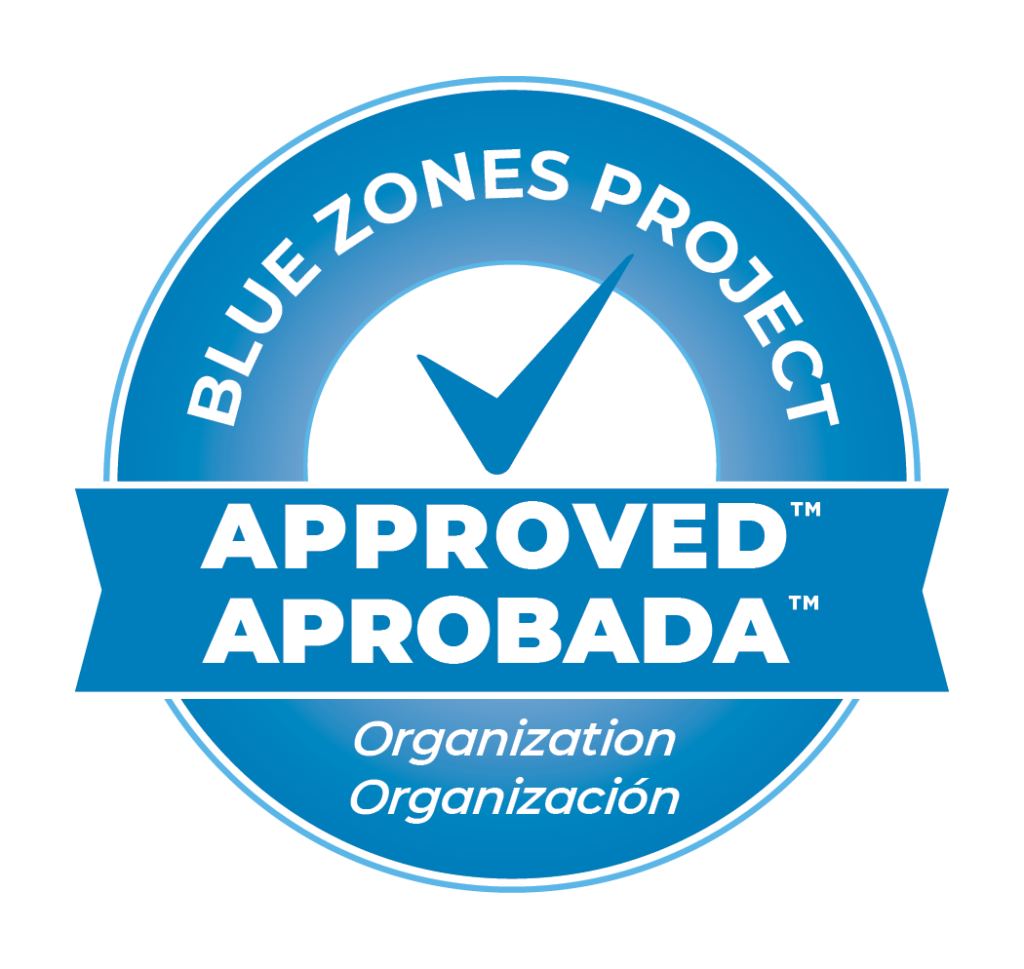[vc_row type=”in_container” full_screen_row_position=”middle” scene_position=”center” text_color=”dark” text_align=”left” overlay_strength=”0.3″ shape_divider_position=”bottom”][vc_column column_padding=”no-extra-padding” column_padding_position=”all” background_color_opacity=”1″ background_hover_color_opacity=”1″ column_shadow=”none” column_border_radius=”none” width=”1/1″ tablet_text_alignment=”default” phone_text_alignment=”default” column_border_width=”none” column_border_style=”solid”][vc_column_text]
By Barbara L. Mitchell, Guest Commentary Monterey Herald
In 1985, 10 years after Interim, Inc. was born, we made the decision to launch into housing development. Although none of the staff had any experience in housing development, we faced a critical affordable housing shortage in the area, much like we do today. In 1985, a single client receiving SSI had income of approximately $450 a month. Fair market rent for a one-bedroom apartment was $386. Although the rents were unaffordable, Section 8 housing vouchers were available to clients who wanted to obtain housing in the community, but most landlords were unwilling to accept them because they could get much higher rents on the local market than the rent vouchers permitted.
That same year, “D,” a client, wrote a letter to the agency about her desperation in searching for a landlord who would accept her voucher. She was in danger of losing the voucher if she could not find a landlord to rent to her. Interim published the letter in the newsletter and a donor sent a check for $100 and suggested that we try to help her with this housing dilemma.
Since the 1970s, Interim had been leasing large houses in the community and renting out individual rooms to clients, yet many clients yearned for “a place of their own.” Most of the houses Interim leased were aging Victorians and in poor condition. Interim’s board and staff brainstormed. Why couldn’t Interim buy an apartment building, become the landlord and accept Section 8 vouchers? We decided we could, so in 1986, Interim purchased property in Monterey that is now called the Pearl Street Apartments. Eight apartments and a small house on the property were purchased with a combination of grants, loans and donations. The process of obtaining a loan, developing plans for construction and repairs, and hiring a contractor was an education for both the board and me. We made a lot of mistakes, but we learned through the process. The apartments opened in February 1987, and one of the first tenants was “D,” the woman who wrote the original letter pleading for help in finding housing.
Since our first try at housing development almost 30 years ago, we have continued on this quest. Since 1986, Interim has developed 19 projects comprising 277 transitional and permanent housing units and including 28 beds in two treatment programs.
Our most important lesson was to always consult with mental health consumers before selecting a site and a design. If they are not comfortable with the location and configuration, they will not live there. Our second lesson was to build for the long term. We learned to use the best, most durable and simple materials we could afford. The cost of maintaining the housing or replacing cheap materials was more expensive in the long run. Our third lesson was that community rooms for support services were essential to success of the tenants. Placing people in housing was easy, but making sure that they were successful in the housing required a flexible mix of services provided at the housing sites. Our fourth lesson was that security was more important to the tenants than privacy.
Unfortunately, the housing conditions in Monterey County today are about the same as in 1985, making Interim’s mission just as relevant now as it was then. The average single mentally ill adult with SSI receives $889 a month. The federally determined maximum fair market rent for a studio apartment in Monterey County is $879. Rent vouchers may be available, but only if a client applied before the waiting list closed in 2008. Today, as in 1985, a client would still have to find a unit that was at or below the fair market rate for Monterey County. There are few landlords on the Monterey Peninsula who will accept the fair market rent for an apartment. Recent listings had no units under $1,000 a month for a studio apartment.
Why is housing so important?
If you ask a client with a serious psychiatric disability what they want in life, none of them say “case management” or “symptom reduction.”
Recovery for a client is safe, affordable housing, a job, schooling or something meaningful to do, and good relationships with friends or family. Without housing, none of the other goals can be achieved.
Barbara L. Mitchell is executive director of Interim, Inc.
[/vc_column_text][/vc_column][/vc_row]




